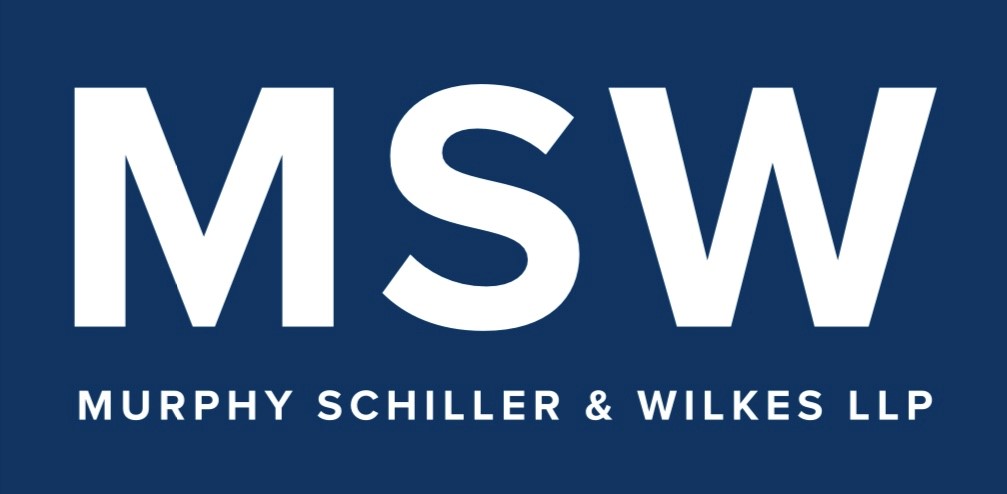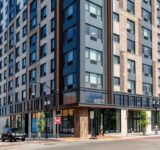Thomas S. Dolan
Partner, Murphy Schiller & Wilkes LLP
Direct: (973) 705-7412

As the real estate market remains strong, and property values continue to rise across many asset classes, commercial property owners need to be aware of the growing trend with municipalities aggressively seeking to substantially increase tax assessments for commercial properties by filing their own tax appeals.
These controversial “reverse tax appeals,” which used to be rare, have become commonplace over the last several years in many municipalities in New Jersey, in particular Newark, Jersey City, Elizabeth, Linden and many others. Typically, the municipalities hire an outside law firm to handle these appeals, which challenge the assessment of their own tax assessor. Usually, it is the outside law firm, not the municipality, that identifies the commercial property to increase, which in many instances follows a sale of the subject property.
By relying on reverse appeals to increase assessments, the municipalities are doing an end run around the assessor’s authority and are raising assessment in ways that would otherwise be prohibited if the assessor were to seek the increase. This is because assessors are limited under statute and the New Jersey Constitution in the ways in which they can increase assessments, in particular with the prohibition against spot assessing. Municipalities seeking to avoid such limitations are frequently turning to reverse appeals.
For example, it is typical to see reverse appeals after a sale of the subject property that is higher than the assessed valuation of the property. If an assessor sought to increase the assessment based on the sale of the subject, that would easily be considered an unconstitutional spot assessment and would not be permitted under law as it violates the uniformity provision contained in Article VIII, Section 1(1)(a) of the New Jersey Constitution. See West Milford Tp. v. Van Decker, 120 N.J. 354 (1990). However, the law is not clear as it pertains to municipal tax appeals.
While New Jersey has not yet ruled on the constitutionality of such appeals, the Pennsylvania Supreme Court has ruled that selective appeals against commercial properties, while ignoring other types of properties such as single-family homes, violated the Uniformity Clause of the Pennsylvania Constitution. See Valley Forge Towers Apartments et al. v. Upper Merion Area School District, No. 49 MAP 2016. New Jersey should follow this well-reasoned opinion in striking down these reverse appeals based on sales of the subject.
Increase appeals often catch many property owners off-guard as they do not see an increase in the assessment on the annual property record card. Instead, the appeal is sent through regular mail to whatever address is on file. As a result many commercial property owners either ignore the appeal or do not realize that the appeal has been filed, until several years of appeals are underway, and they are facing default for not answering. At that point, they risk a suppression of defenses and a substantial increase in tax liability going back several years, which is usually double or more the initial tax burden in many cases.
Additionally, many buyers do not consider the potential property tax increase when purchasing commercial property. Given the increasing risk that a municipality will file a reverse appeal after a sale, and the lack of guidance from the New Jersey Courts on the constitutionality of such appeals, it is vital for all buyers to consider this potential increase as part of due diligence, and not solely rely on the current tax assessment when considering the tax burden.
Failure to effectively consider and challenge these increase cases can lead to a significant and unexpected tax liability for commercial property owners.
Thomas S. Dolan, Esq. is a partner at Murphy Schiller & Wilkes LLP, a boutique law firm specializing in commercial real estate, with robust transactional, corporate, finance, land use, and litigation expertise. He leads the firm’s Property Tax Group, and has negotiated and advised on PILOTS for numerous projects across the State. He is frequent lecturer on property tax and exemption matters and has argued a key exemption case before the New Jersey Supreme Court.
Newark Office
24 Commerce Street
12th Floor
Newark, NJ 07102
New York City Office
5 Penn Plaza
19th Floor–#19113
NY, NY 10001











